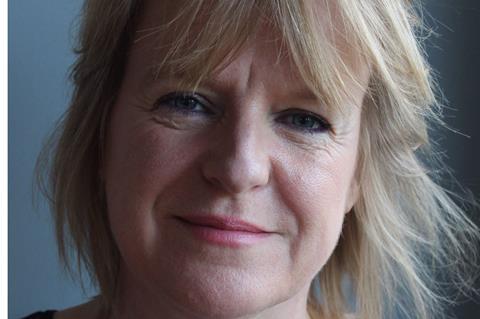The system of recording coroners' concerns through a report is ‘not fit for purpose’, the Justice Committee has been told.
A preventable death tracker, which collates all coroner reports to better follow recommendations to avoid preventable deaths, was also discussed this week. Committee chair Sir Bob Neill described its founder Dr Georgia Richards as producing ‘the only significant data’ around Prevention of Future Deaths reports (PFDs).
PFDs are created by a coroner where they believe that action should be taken to prevent future death, though there is ‘quite a bit of variation’ on PFD use, the committee heard.
Deborah Coles, director of INQUEST, a charity which provides expertise on state-related deaths and their investigation, said PFDs are ‘really important…because they can inform improvements to public health and safety.
‘Coroner’s reports to prevent deaths have been really important on shining a light on systematic areas of concern…[and] other areas of public safety. Some have translated into policy changes and reviews.’
Coles told the committee there was an issue with inconsistencies in coroners making PFDs. She added: ‘One of the values of PFDs should be the learning at a national level and not just at a local level.’

Dr Richards, research fellow in evidence-based medicine at the University of Oxford, has created a preventable death tracker, a centralised database of published coroner reports in England and Wales. She said more resources would be needed to further develop the tracker, which she described as a ‘cross-cutting tool’.
She said: ‘Coroners are repeatedly raising the same concerns. We are seeing similar deaths occurring and nothing is happening to do anything about these deaths. There is no local or national approach to formally or systematically address these.’
Richards added that lessons learnt in one region could not be ‘quickly’ found by another region which has experienced the same death and there was ‘no way to share across organisations’.
Discussing how to learn from PFDs, she said: ‘It needs to be a data-driven approach. We have expertise in the UK where we are doing this already in other fields. We do not know what is in PFD reports, the information is just not usable, and that is why we created a tracker to turn coronial information into useful data.’
Coles, who said she would support an independent oversight body, added: ‘Despite best efforts of a lot of people, the reality is there is no proper oversight and follow-up and analysis and that is a real missed opportunity. The system we have at the moment is simply not fit for purpose.
‘At the moment you just have this accountability gap. There are potentially life-saving reports and learning from those reports that are simply not being used in a way that can help protect lives.’



























1 Reader's comment